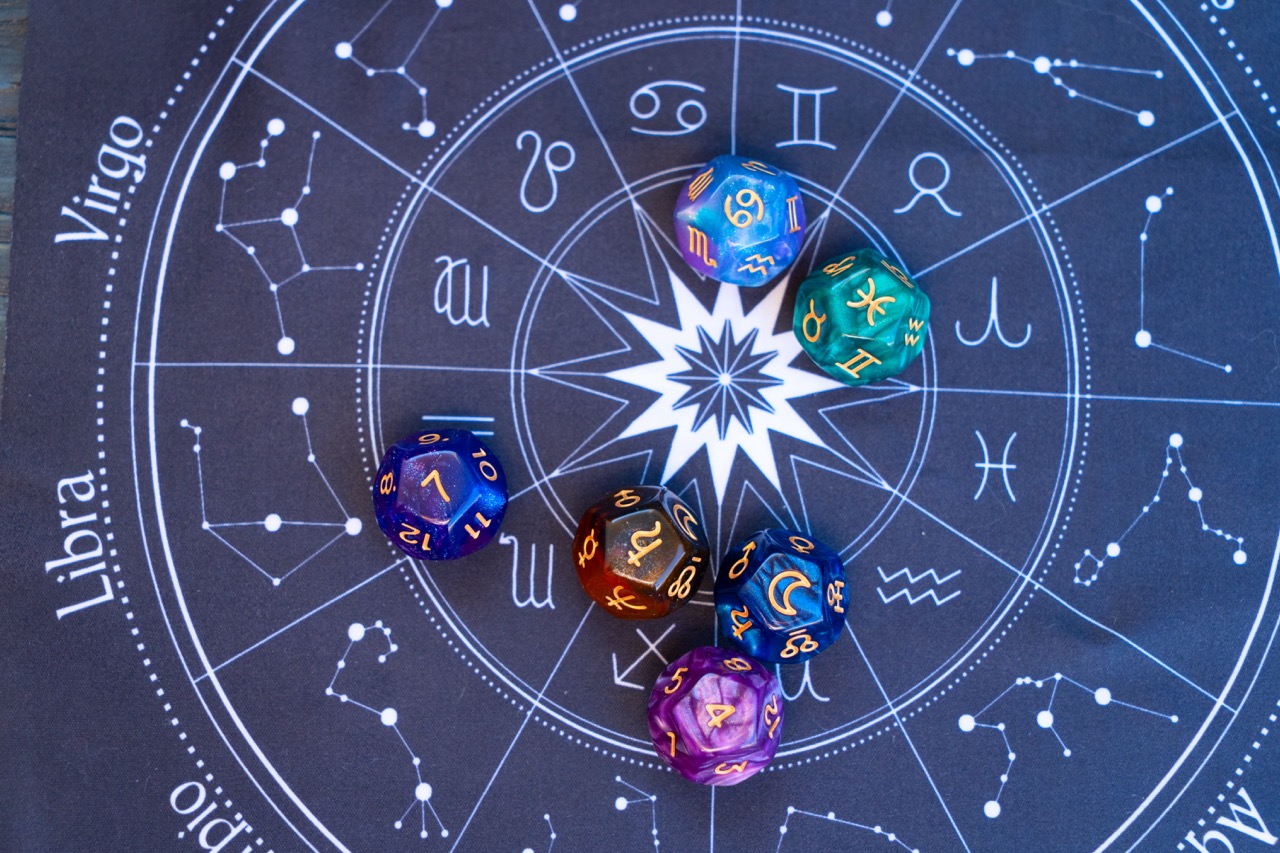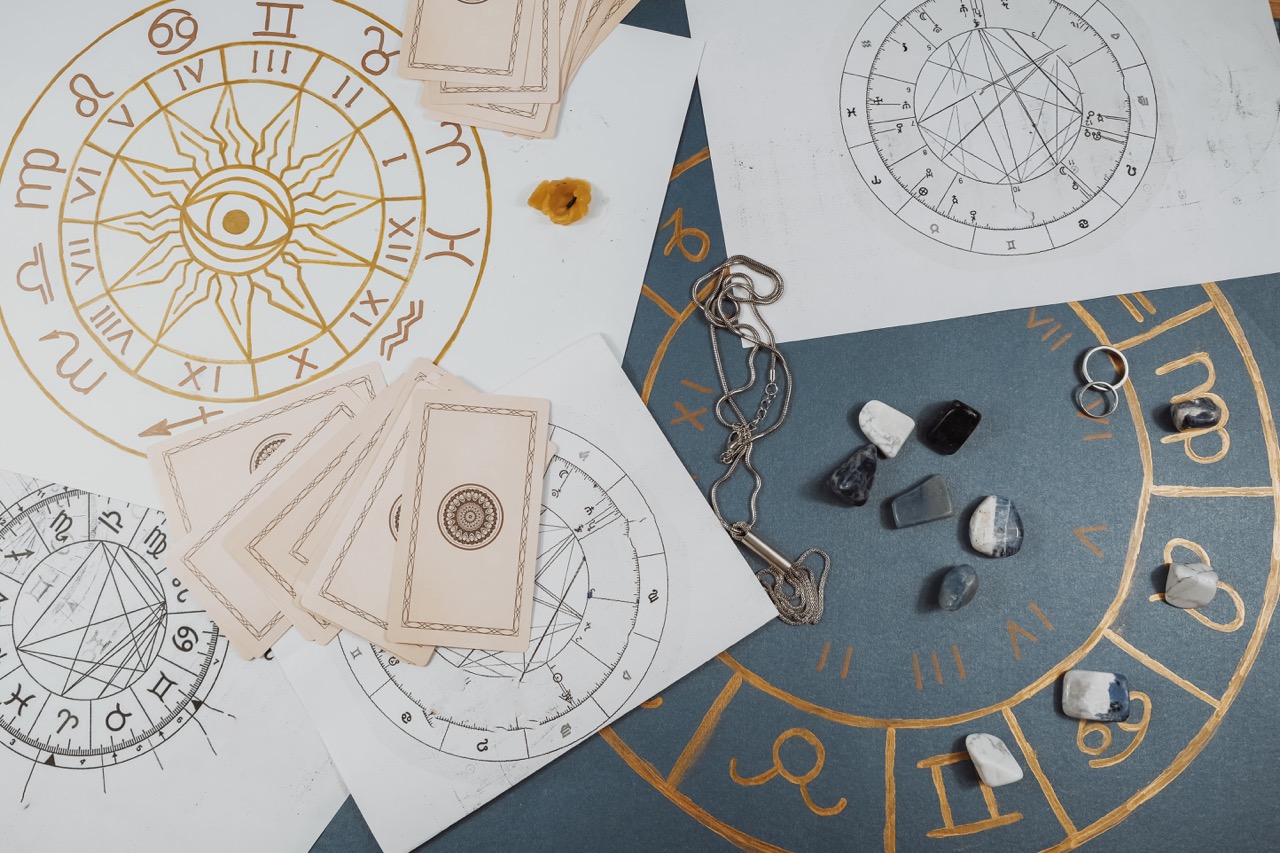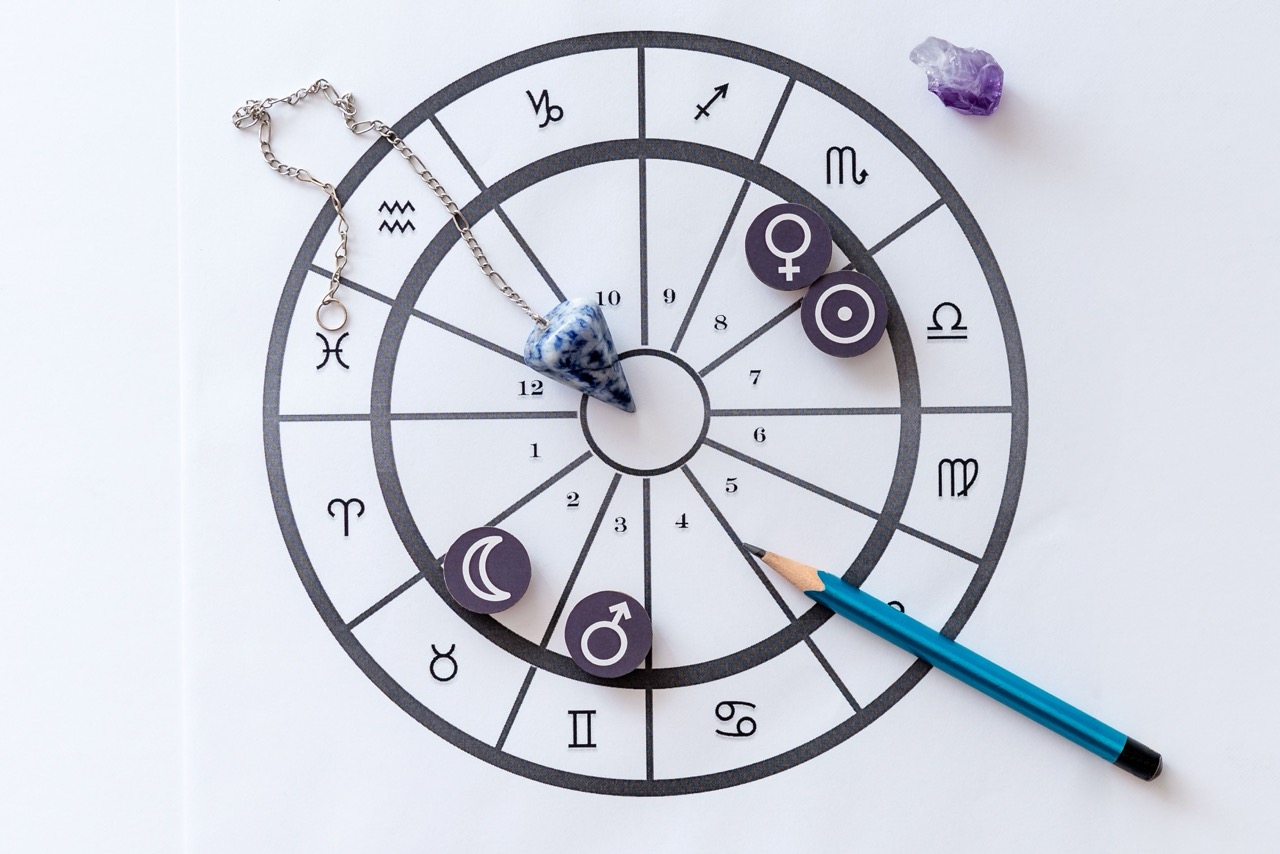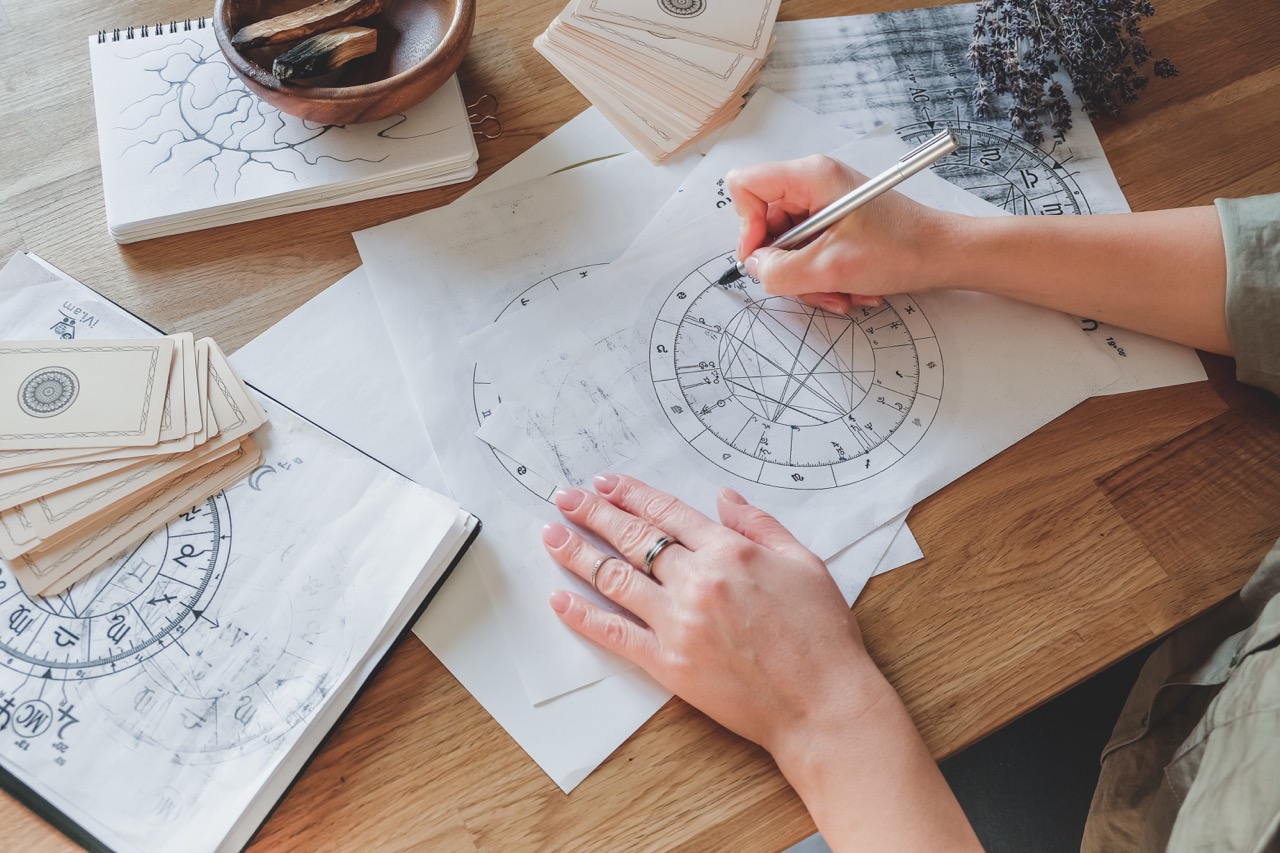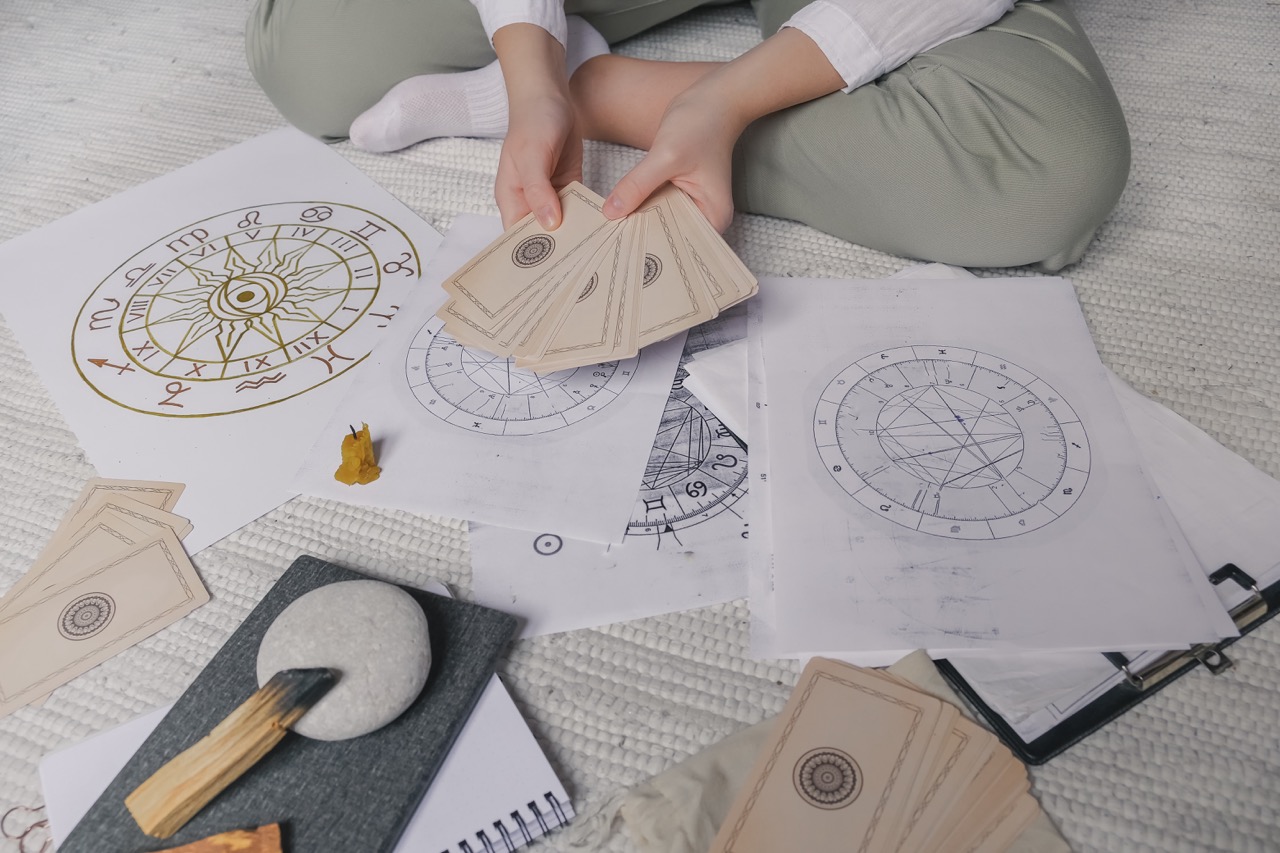The stars have long captured the human imagination, drawing us into a celestial dance that promises to reveal secrets about ourselves and the universe. For many, astrological signs are a source of identity, guidance, and sometimes a conversation starter. However, the fascination with zodiac signs comes with a myriad of myths and misconceptions that can obscure the true nature of astrology. In this exploration, we will unravel the myths that shape our perception of zodiac signs, confront the misconceptions that cloud our understanding, and journey through the intricate relationship between astrology and identity.
Unraveling the Stars: Myths That Shape Our Signs
Astrology is steeped in rich history, but with that history comes a jigsaw puzzle of myths that often mislead the curious. One prevalent myth is the idea that each zodiac sign corresponds to a fixed set of personality traits. While the zodiac offers insight into tendencies and affinities, it cannot capture the complex human experience in its entirety. Viewing an individual solely through their sign can lead to an oversimplified understanding of their character. The truth is that people are influenced by a myriad of factors, including upbringing, environment, and personal experiences.
Another myth worth addressing is the notion that astrology is a deterministic belief system. Many people assume that if you are a Sagittarius, you are bound to be adventurous and free-spirited, while a Virgo is destined to be meticulous and critical. This perspective neglects the profound depth of choices and free will inherent in every person’s life journey. Astrology serves as a tool for self-reflection rather than a rigid framework dictating fate. Embracing this understanding allows for a more nuanced exploration of self and others.
Finally, there’s a myth that astrology is merely superstition, lacking any scientific basis. While it’s true that astrology doesn’t meet the criteria of empirical science, it has been practiced for thousands of years and holds significant cultural and psychological value for many. The connections that individuals feel with their signs often lead to introspection and a deeper understanding of their emotional landscapes. By recognizing astrology’s roots in human storytelling and symbolism, one can appreciate its relevance beyond scientific validation.
The Zodiac’s Dark Side: Debunking Common Misconceptions
Alongside the romanticized notions of astrology lies a darker side filled with misconceptions that can be harmful. One such misconception is that people can change their zodiac signs based on arbitrary calculations or adjustments in calendars. While the introduction of the 13th sign, Ophiuchus, sparked debates about the validity of the zodiac, the essence of a person’s astrological sign remains constant. Our signs, determined by the positions of celestial bodies at the time of our birth, are immutable and continue to resonate with who we are at our core.
Another common misconception is the belief that astrology promotes fatalism and relinquishes personal responsibility. Many critics argue that relying on astrological guidance leads to a passive approach to life. In reality, astrology can empower individuals by illuminating patterns and tendencies, enabling them to make informed choices. It’s not about surrendering control but rather gaining insights into oneself and the world, allowing for a harmonious balance between acceptance and agency.
Lastly, the idea that astrology is solely about love and relationships contributes to a skewed perception of its value. While compatibility and romantic insights are popular aspects of astrology, its scope extends far beyond personal relationships. Astrology encompasses career paths, personal growth, and even societal trends. By recognizing the multifaceted nature of astrology, we can shed the misconception that it is simply a fortune-telling tool, embracing its potential as a guide for holistic self-exploration.
Astrology and Identity: Where Truth Meets Fiction
Astrology has the power to shape our identities, but this influence is often intertwined with fiction. Many individuals find comfort in discovering their zodiac sign and the traits associated with it, yet they may overlook the broader narrative of their identity. The danger lies in over-identifying with the traits of one’s sign, leading to a fixed mindset that can stifle personal growth. True identity is fluid and dynamic, and astrology should serve as a map rather than a destination.
Moreover, the cultural interpretation of zodiac signs can vary dramatically across different societies. In some cultures, certain signs are imbued with particular meanings that diverge from mainstream interpretations. This can create a rich tapestry of significance that individuals can draw upon, yet it also reinforces the idea that there isn’t a singular narrative tied to astrological signs. Understanding the cultural context of your sign might reveal hidden layers of meaning and insight that resonate more closely with your identity.
Finally, the intersection of astrology and identity raises questions about authenticity. Individuals may feel pressured to conform to the stereotypes associated with their signs, neglecting their unique experiences and personality traits. Embracing the complexities of identity means recognizing that astrology can be a tool for personal exploration rather than a restrictive label. The true magic of astrology lies in its ability to encourage individuals to embrace their multifaceted selves while exploring the depths of who they are.
The Cosmic Blame Game: Are You Really a Stereotype?
The idea that our zodiac signs dictate our personalities often leads to a cosmic blame game, where individuals attribute their behaviors and decisions to their astrological sign. This can create a dangerous narrative that diminishes personal accountability. For example, a person may excuse their impulsive decisions by claiming, “I’m just being a typical Aries.” Such reasoning overlooks the importance of introspection and growth, reducing a rich tapestry of human behavior to a simplistic stereotype.
Furthermore, the stereotype associated with each sign can lead to misunderstandings in personal relationships. When we categorize people based on their zodiac signs, we risk overlooking their individual experiences and complexities. A Capricorn may be labeled as cold and ambitious, but that doesn’t account for their capacity for warmth and empathy. It’s crucial to recognize that while astrology can provide insights, it should not serve as the sole lens through which we view others. Embracing the uniqueness of individuals fosters deeper connections and enriches our understanding of each other.
To break free from these stereotypes, it is essential to use astrology as a starting point for deeper conversations about identity and behavior. Engaging with others about their experiences can reveal surprising dimensions that challenge preconceived notions. By allowing space for individuals to define themselves beyond their astrological label, we shift the narrative from a cosmic blame game to a more holistic understanding of the human experience.
Astrology in Pop Culture: Truths Twisted by Trends
Astrology’s resurgence in pop culture has introduced a whirlwind of trends that often distort its original meaning. Social media platforms are flooded with memes, TikTok videos, and Instagram posts that simplify complex astrological concepts into bite-sized content. While this dissemination of knowledge can spark curiosity, it frequently reduces the depth and richness of astrology to mere entertainment. As a result, many young individuals may approach astrology with a casual mindset, overlooking its historical significance and psychological nuances.
Moreover, the commodification of astrology has led to a proliferation of products and services that prioritize style over substance. From zodiac-themed merchandise to astrology apps promising personalized horoscopes, the focus often shifts from genuine exploration to consumerism. While it’s delightful to celebrate one’s sign through fashion or home decor, the danger lies in relying solely on these superficial representations rather than engaging with the deeper philosophical questions that astrology raises about identity, purpose, and connection.
In addition, the rise of “astrology influencers” can perpetuate misconceptions and encourage a cookie-cutter approach to horoscopes. Followers may find themselves drawn to influencers who oversimplify their signs, reinforcing stereotypes and neglecting the profound individuality of each person. To navigate this landscape, it is essential to approach astrology with a critical mind, seeking out diverse perspectives and engaging in self-reflection to cultivate a deeper understanding of one’s astrological journey.
Beyond the Horoscope: Discovering Your True Significance
As we peel back the layers of myths and misconceptions surrounding astrology, we uncover a path that leads beyond the horoscope. Astrology offers a framework for self-discovery that invites individuals to explore their motivations, strengths, and challenges. Rather than solely focusing on daily horoscopes or compatibility charts, individuals can delve into the nuances of their birth charts to understand the interplay of different planetary influences. Each planet and house offers insights into various aspects of life, creating a multifaceted portrayal of the self.
Moreover, astrology encourages a sense of interconnectedness with the universe. The cosmos dances in a rhythm that resonates with our inner lives, and understanding this connection can deepen our appreciation for the world around us. By contemplating the cycles of the moon, the movement of planets, and the shifts in astrological seasons, we can cultivate a mindful awareness of our place in the grand tapestry of existence. This perspective fosters a sense of purpose and belonging that transcends the surface-level interpretations of our zodiac signs.
Ultimately, the journey through astrology is about embracing our complexity as human beings. It invites us to explore our unique narratives, making peace with the contradictions that shape our lives. By moving beyond the confines of stereotypes and misconceptions, we can discover the true significance of our zodiac signs as tools for growth, transformation, and deeper connection with ourselves and others.
Astrology is a rich and nuanced tapestry that continues to inspire curiosity and exploration. While myths and misconceptions may cloud our understanding, they also serve as gateways to deeper conversations about identity, personal responsibility, and the complexities of human behavior. By embracing the full spectrum of astrology, we empower ourselves to transcend stereotypes and celebrate our individuality. As we look to the stars for guidance, let us remember that our journey through the cosmos is as unique as the constellations themselves, inviting us to explore the realms of possibility that lie beyond the horizon.
